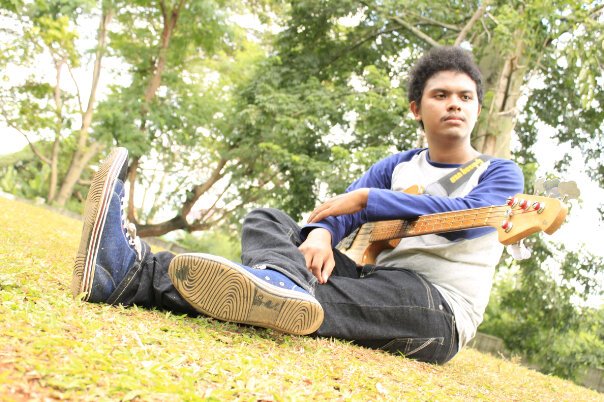Block Style
ATLAS COLUMBIA CORPORATION
231 East Main Street
Portsmouth
Ref : CS/FI/12B
12th March,2015
Mr. Robert T. Muldon
Finance Manager
Empire Television Company
12 West Point Street
Portsmouth, Virginia 21101
Dear Mr. Muldon,
We have just received your two cheques for US$ 125.00 in payment of our invoices No.23FA of 14 February and No.21Lh of 21 February. HOwever, we notice that one of the cheque, amounting to US$ 55.00 was not signed.
We are returning the cheque to No. BA 2400010 for you signature.
Please return thr cheque to us in eclosed envelope.
Yours Sincerely,
Caroline R. Smith
Finance Department
Block Style
ROYAL INTERNATIONAL CORPORATION
231B Empire Boulevard
New York, NY 10003
Ref HW/NF/2B 14th February, 2015
Mr. George L. Kene
Finance Manager
General Radio Corporation
Royal City Plaza 14th floor
142 Fifth Avenue Street
New York, NY 10020
Dear, Mr. Kene,
We have received your letter of 9 February requesting 14 additional days within which to pay amount of US$ 180,000.00 due us for purchase you made last December.
We are happy to inform you that we could cooperate and will grant you the extra days you asked for in which to make full settlement.
We hope the extension we give will be of help to you and look forward to receiving your settlement.
Yours sincerely,
Harold T. Wilson
Accounting Manager
Semi Block Style
AMERICAN STATIONARY CORPORATION
120 Rockfeller Street
Grand Rapide, Michigan 10009
Ref: NM/LS/2C 23rd July, 2014
Mr. Edward L. Masters
Personel Manager
American Textile Ltd
14 Madison Street
Michigan 12002
Dear Mr. Masters,
We are considering Mr. Allan Davis for the position of Marketing Manager with our company. In his application, he mentions your name as a reference.
We would appreciate your opinion of Mr. Allan's character, personality, ability to handle marketing and creativity in marketing matters.
Any information you can give us will of course be kept confidental.
Yours sincerely,
Norman L. Morgan
Director












